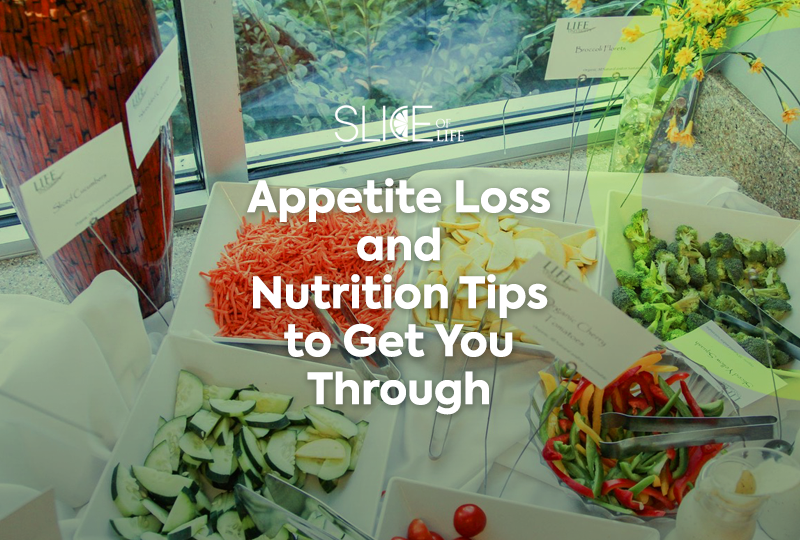Have you ever gone through a period in your life where food quite literally turns your stomach? Just the sight of a juicy hamburger or the smell of a sweet cake can send you running for the hills. An occasional loss of appetite is normal and should pass with time, though of course it could be an indicator of a health issue to address. Let’s pinpoint what a loss of appetite actually is and ways to alleviate it.
Cleveland Clinic’s article “Loss of Appetite” overviews the symptom as simply not feeling hungry or having the desire to eat food. You might have a full feeling, a disinterest or aversion to the taste or smell of food and avoid eating socially. If loss of appetite lasts more than a week, then it could be a red flag to look into. A loss of appetite might also have other uncomfortable symptoms alongside it, such as nausea, vomiting, fatigue, low energy, muscle weakness, diarrhea, constipation and even changes to skin, hair or nails.
The most common causes of appetite loss are physical body changes, emotional changes to mental health, an underlying health condition or a medication side effect. Physical causes could include pain, dehydration, dental issues, injury, surgery recovery or a loss/reduction of taste or smell. Emotional distress can play a big role in going off food as well, with causes such as anxiety, eating disorders, depression, stress or intense emotional reactions like grief, fear, sadness or shock. Pregnancy could also be possible for sexually active women. The lists of underlying conditions or medications that can contribute to loss of appetite are long, and it is best to consult with your primary healthcare professional if you suspect an unaddressed problem, rather than falling down the Dr. Google rabbit hole.
Home treatment for loss of appetite
- Continue to eat regular meals. They can be smaller than normal, but try to eat small meals for breakfast, lunch and dinner even if you are not hungry. Your body needs fuel even if it doesn’t feel like it does. If it is easier, break it up into five or six smaller meals throughout the day.
- Try liquid meals. A liquid meal might be easier to keep down. Choose liquid meals like soup broths, fruit juices and smoothies. Sports drinks with electrolytes can also be helpful as a supplement. Consult a dietitian or primary healthcare professional to see what is needed to get your daily calories.
- Keep it bland. Bland foods are often soft and low in fiber. A common bland diet when sick is the BRAT diet (Bananas, Rice, Applesauce, Toast). Avoid spicy and fried foods. Unseasoned meat, vegetables, potatoes, breads and crackers should all be safe for you. Dairy products are also a bland choice, as long as you don’t have an intolerance.
- Pick up the protein, minerals and vitamins in your food intake. If you are missing any nutrients, foods rich in protein, vitamins and minerals can help replace those in your body.
- Try to eat with family and friends as much as you can. Your support system can help encourage you to get all the nutrients your body needs.
For more about Nutrition at Life University, take a look at our B.S. in Nutrition degree program to turn your curiosity into a rewarding career.
Slice of LIFE is an invitation to and extension of everything happening at Life University. Whether you are a current student, a potential freshman or a proud alum, Slice of LIFE can help keep you connected to your academic community. Know of a compelling Life U story to be shared, such as a riveting project, innovative group or something similar? Let us know by emailing Marketing@life.edu.


Social Media